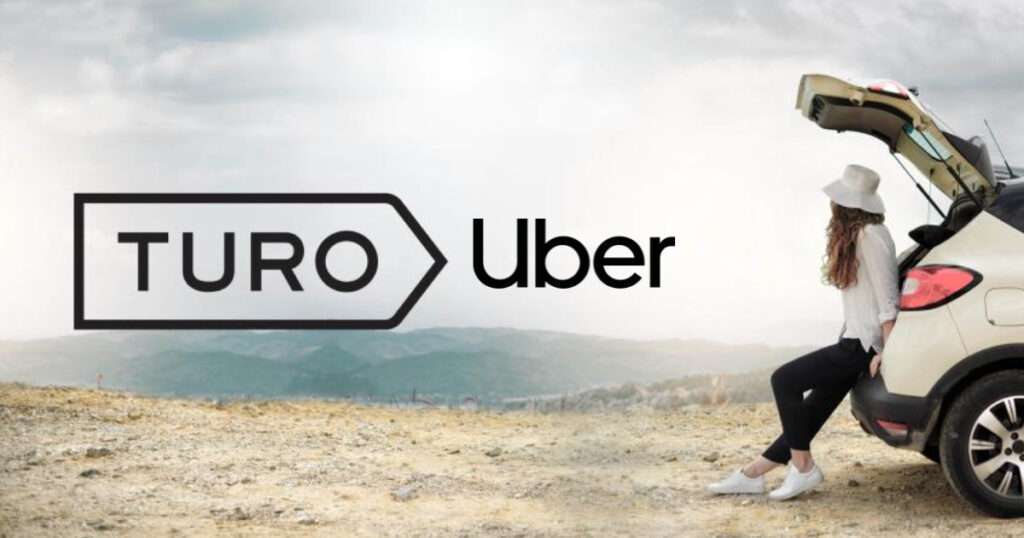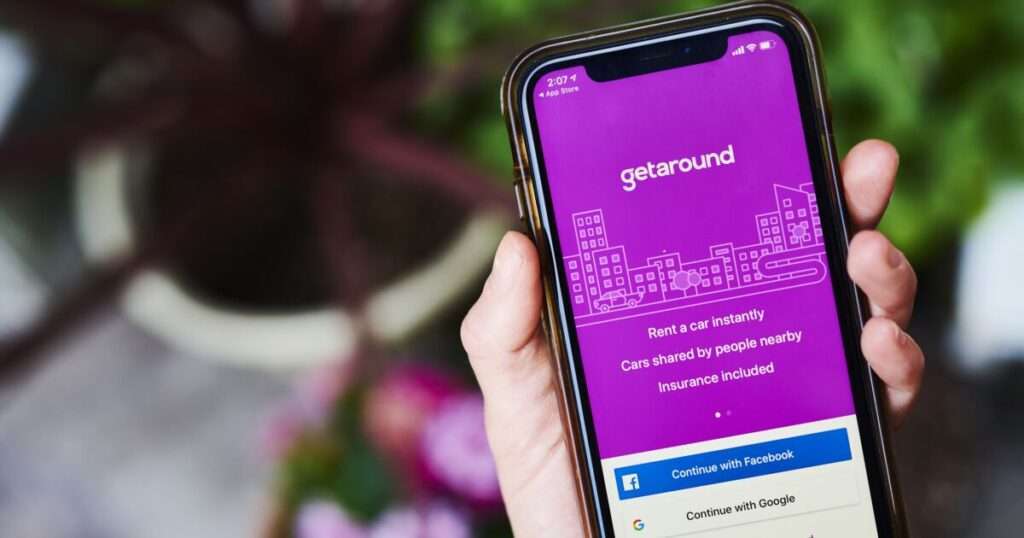In activity for more than six years, Waze Carpool is on its way to extinction… Indeed, the well-known navigation application, acquired by Google in 2013, has just announced to the media Verge the definitive closure of its carpooling service. Zoom on the reasons of this stop planned for September.
Waze Carpool, an app for employees
First launched in 2016 in San Francisco, Waze’s carpooling service aimed to connect people traveling on the same route. Over time, the service was expanded to 50 U.S. states, Brazil, Mexico and Israel. Then later, it launched its own app, Waze Carpool, in 2018, to become the reference social network for carpoolers.
We are proud of what we accomplished through Waze Carpool. We are grateful to the Carpool community for sharing drives and working together to take cars off the road.
WAZE
Powered by artificial intelligence and machine learning, the ride-sharing app primarily covered commuting. As stated by the group, “Waze was predominantly a commuting app pre-COVID.” Based on commuting patterns, it was able to connect two employees from the same company who didn’t know each other.
Impacts of COVID-19 pandemic
According to the third edition of McKinsey’s American Opportunity Survey, 35% of U.S. employees reported that they can work from home full-time. An additional 23% have the ability to telecommute between 1 and 4 days per week. This flexibility has a strong impact on its Carpool’s business, which has been reduced.
However, far from being discouraged, the leader said it would continue to find other ways to facilitate the travel of its 150 million users worldwide. Considered as a “local” ally for cities, Waze mines and exchanges a lot of data with communities to provide the best routes and “help each other outsmart traffic.” As they know, “this is what has always made Waze truly special.“





